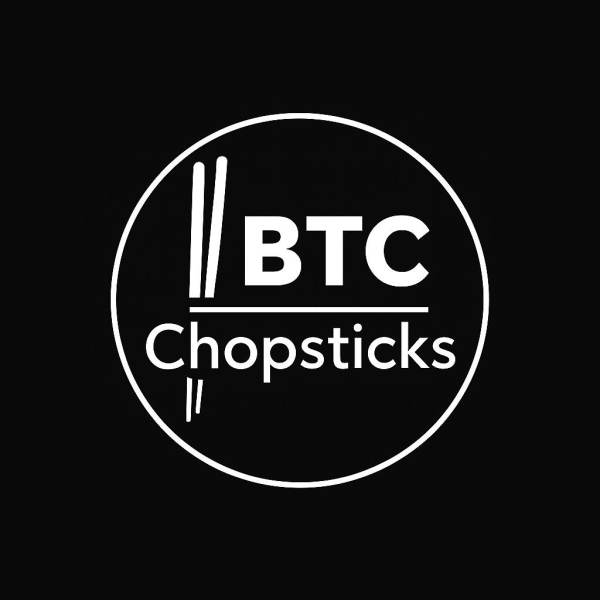Interview with Bit Digital CEO Sam Tabar: We Sold All Our Bitcoin and Switched Entirely to Ethereum
A monologue from an ETH Maxi.
A monologue of an ETH Maxi.
Written by: Zhou Zhou, Foresight News
"The future depends on AI and Ethereum," said Sam Tabar.
Sam Tabar has done just that. He is now the head of both a publicly listed AI company and an Ethereum treasury company, both listed on Nasdaq, each with a current market cap exceeding 1 billion USD.
In 2025, with the resignation of US SEC Chairman Gary Gensler and the rise of the Trump administration, US crypto policy underwent significant changes. Regulators began to recognize Ethereum as a commodity rather than a security, prompting a wave of US-listed companies to enter the market and accumulate Ethereum on a large scale. Sam Tabar and Bit Digital, the world's fourth-largest Ethereum treasury company under his leadership, are among them. The company now holds about 121,000 ETH (about 500 million USD).
During TOKEN 2049 in Singapore, Sam Tabar gave an exclusive interview to Foresight News and shared many insights:
- Bitcoin mining is a very bad business. Every four years, the Bitcoin halving compresses profit margins by about 50%.
- If Bitcoin and Ethereum were invented on the same day, no one would have heard of Bitcoin today.
- People now understand that Ethereum is a commodity, so we can openly support Ethereum. That's why you see a lot of very positive buying activity around Ethereum.
- We will never sell our Ethereum. Forever.
- Most Ethereum treasury companies may eventually be liquidated or acquired. If you finance through secured loans, once a crypto winter hits, creditors will come after you and may even seize your Ethereum assets, leading to bankruptcy. Bit Digital has become the first institutional participant in the Ethereum ecosystem to finance through unsecured debt.
The following is the full interview.
"Bitcoin mining, a bad business"
Zhou Zhou: Hi Sam, can you introduce yourself?
Sam Tabar: My name is Sam Tabar, CEO of Bit Digital.
Zhou Zhou: Can you further introduce your career?
Sam Tabar: Of course, my name is Sam Tabar, and I am the CEO of Bit Digital. I am also the CEO of an AI company called WhiteFiber, which just completed its IPO this August. It is a pure-play company focused on AI infrastructure and is currently performing very well. My career started at the law firm Skadden in New York.
Later, I became Head of Capital Strategy at Bank of America Merrill Lynch, working in the Hong Kong office and responsible for the Asia-Pacific region. After that, I co-founded an Ethereum company called Fluidity. Some team members also co-founded AirSwap. We sold Fluidity to ConsenSys, whose co-founder Joseph Lubin is also a co-founder of Ethereum. After that, I joined Bit Digital as an executive and am now the CEO here.
Zhou Zhou: Where are you based?
Sam Tabar: I was born in Canada and am currently based in New York. These days, I "live" on airplanes (laughs).
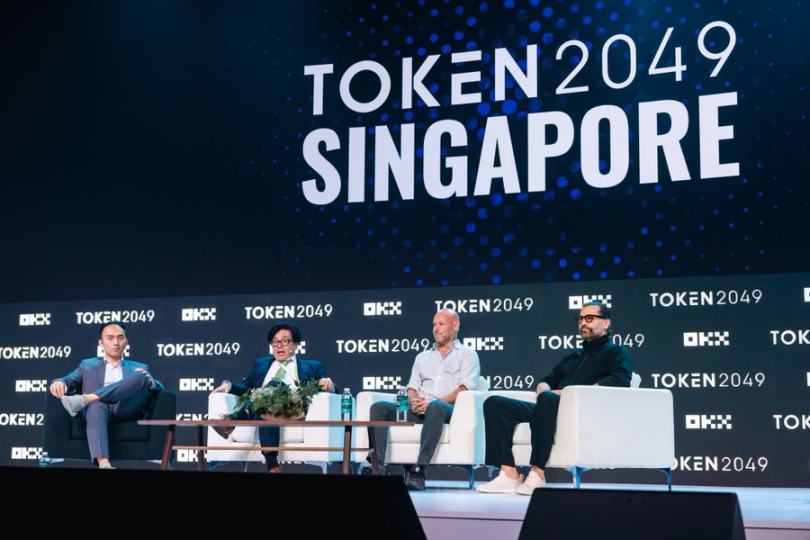
Sam Tabar, fourth from the right
Zhou Zhou: I'd like to start by talking about the Bitcoin mining business. Bit Digital was once a company focused on Bitcoin mining and is already listed on Nasdaq. But this year, you shifted to the Ethereum ecosystem and became a treasury company with ETH as your core asset. Does this mean you are no longer optimistic about the long-term prospects of Bitcoin mining?
Sam Tabar: Bitcoin mining is a very bad business. Every four years, the Bitcoin halving compresses profit margins by about 50%. In addition, you have to keep buying new equipment, so it's a highly capital-intensive business.
Moreover, the only responsible way to buy equipment is through equity financing, which means you have to dilute shareholder equity to buy equipment, which is not necessarily a good thing. At the same time, you can't use debt to buy Bitcoin mining equipment. If you try to do so, you'll get into trouble. Why? Because the price of Bitcoin is unpredictable, so it's hard to support mining operations through debt financing. Those who buy mining equipment with debt often end up bankrupt because they can't survive a Bitcoin winter or repay their debts.
Zhou Zhou: Do you think Bitcoin can maintain its network security when block rewards drop to extremely low levels in 20 years?
Sam Tabar: Yes.
But we are no longer Bitcoin miners, so it doesn't matter anymore. I think from a regulatory perspective, Bitcoin mining is acceptable; but from an economic perspective, I don't think it's viable.
Zhou Zhou: If you don't consider compliance risks, would you personally prefer to hold Bitcoin or Ethereum?
Sam Tabar: Of course, I would prefer to hold Ethereum.
Frankly, if Bitcoin and Ethereum were invented on the same day, no one would have heard of Bitcoin today. Unfortunately, Bitcoin was the first token in the crypto world, so it had a first-mover advantage. There are also evangelists like Michael Saylor (one of the largest individual holders of Bitcoin and founder of MicroStrategy) talking about Bitcoin, which has made more people aware of Bitcoin.
As for Ethereum, former US SEC Chairman Gary Gensler once tried to define Ethereum as a security and Bitcoin as a commodity. Because of this, there was a lot of legal confusion around Ethereum. However, the era of Gary Gensler (as SEC Chairman) is over. People now understand that Ethereum is a commodity, so we can openly support Ethereum. That's why you see a lot of very positive buying activity around Ethereum.
Zhou Zhou: What was the toughest decision you've made in the past few years?
Sam Tabar: As a profitable Bitcoin mining company, stopping investment in Bitcoin mining while the business was profitable was a tough choice we had to make. We realized that the future depends on AI and Ethereum.
What we started to do was stop investing in Bitcoin mining equipment. When Ethereum was unpopular, we started buying Ethereum; when AI wasn't a big deal, we started investing in AI, and now the AI business has become very successful.
In fact, we took this AI business public in an IPO. It's called WhiteFiber (current market cap 1.14 billion USD), and Bit Digital (current market cap 1.17 billion USD) owns 71% of it. Plus, we have over 121,000 ETH on our balance sheet, putting us ahead of everyone else.
But at the time, it was a tough and unpopular decision. People thought we were crazy, and many shareholders were unhappy that we didn't expand our Bitcoin mining business. But in retrospect, it was absolutely the right decision, and these actions have put us where we are today.
"I sold all my Bitcoin, all in on Ethereum"
Zhou Zhou: Do you still hold any Bitcoin?
Sam Tabar: We sold all our Bitcoin and converted it into Ethereum. We now have about 500 million USD worth of Ethereum and will buy more.
Zhou Zhou: Under what circumstances would you sell your Ethereum holdings?
Sam Tabar: Never.
Zhou Zhou: Not under any circumstances?
Sam Tabar: We will never sell our Ethereum.
Zhou Zhou: You will hold Ethereum, and hold it forever?
Sam Tabar: Yes.
Zhou Zhou: Not sell?
Sam Tabar: Not sell.
Zhou Zhou: That's really surprising. Why are you so firmly bullish on Ethereum? Was there a key moment or event that made you decide to go all in on Ethereum?
Sam Tabar: I founded an Ethereum company in 2017, and our team built a decentralized exchange. We were also among the first teams to do real estate RWA in Manhattan, New York. Through these experiences, we realized that Ethereum has real technical value, especially in smart contracts. We believe smart contracts are a way to remove a lot of intermediaries in the financial system.
I realized that as a former lawyer and banker, much of what I did, including my career, would be eaten up by smart contract technology, and Ethereum has the best smart contract technology.
Zhou Zhou: When did you start paying attention to Ethereum?
Sam Tabar: In 2017, when I co-founded an Ethereum ecosystem company with others, the price was about 300 USD. Some people thought the market had peaked at 300 USD. I was on stage at the time, and someone asked me, "Do you plan to sell your Ethereum?" I replied, "No, I will never sell my Ethereum." The price was exactly 300 USD at that time.
Zhou Zhou: Are you now the world's fourth-largest Ethereum treasury company?
Sam Tabar: Yes, the fourth largest, but that won't be the case in the future. Frankly, most DATs (Digital Asset Treasury companies) have no reason to exist. Most Ethereum treasury companies may eventually trade below their M NAV (net asset value) and may be liquidated or acquired.
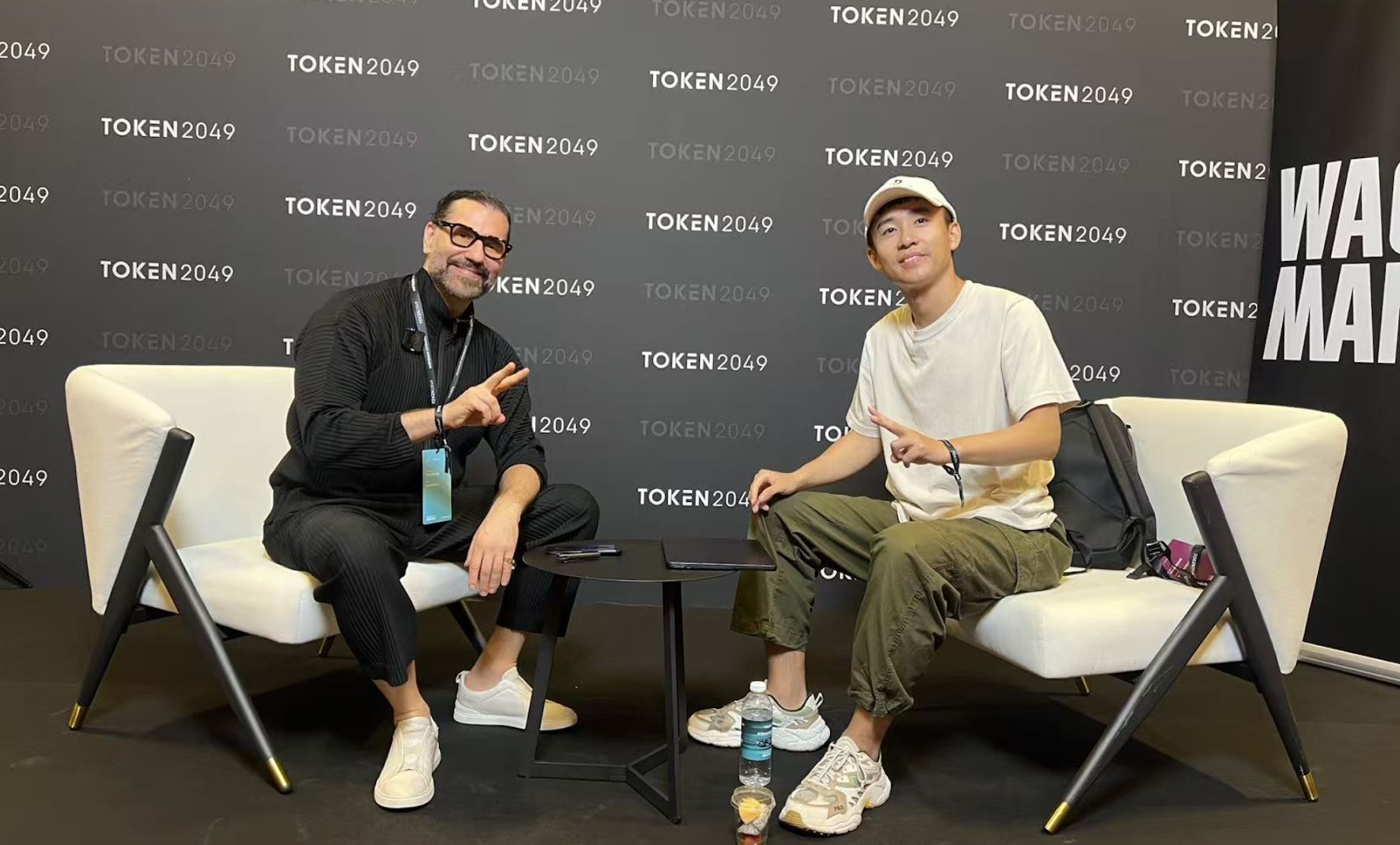
Sam Tabar giving an exclusive interview to Foresight News during TOKEN2049
Zhou Zhou: As a listed company, what are the main ways you raise funds to continuously buy Ethereum?
Sam Tabar: Bit Digital has three ways to raise funds and acquire Ethereum. The first is through equity financing. Therefore, the Digital Asset Treasury department should only raise funds when they can use the funds creatively. In other words, they need to sell equity at a premium to current market value (M).
The second way is through debt financing. You can buy Ethereum with debt, but not all debt is good. There is something called secured debt, which can be risky. Another is unsecured debt, which is the more ideal way.
The reason is that if you finance through secured loans, once a crypto winter hits, creditors will come after you and may even seize your Ethereum assets, leading to bankruptcy. Many of these debts have not yet experienced a crypto winter. Bit Digital has gone through several crypto winters, so we are well aware of the risks and operational rules.
Therefore, if you want to buy crypto assets with debt, it's a good way, but the key is that the debt structure must be well designed. If you use secured debt, you'll have trouble; the best way is unsecured debt. That's what we're doing. Just this week, Bit Digital became the first institutional participant in the Ethereum ecosystem to finance through unsecured debt. This happened just this week (early October).
The third way to raise funds is through the company's own business operations. Bit Digital is the only debt issuer in the global Ethereum ecosystem with actual business support. What does that mean? We hold 71% of WhiteFiber. So what is WhiteFiber? It's a company focused on AI infrastructure, a pure AI business. The company just completed its IPO last month, with a market cap already reaching 1 billion USD, and its stock price has risen more than 60% since listing. Bit Digital owns 71% of it.
So, Bit Digital is not a shell company, nor is it the kind of company that "runs a bad business, raises money through PIPE, and then stuffs some Ethereum into the shell." That's not the case at all. Bit Digital has real business support—WhiteFiber. In the future, we can even sell part of our WhiteFiber equity to get funds to buy more Ethereum. This means we have an extra capital leverage that other debt issuers in the Ethereum ecosystem do not have.
I am an ETH Maxi and also a Shareholder Maxi
Zhou Zhou: I noticed that when the Ethereum spot ETF was approved in July 2024, its initial net inflow was quite limited, with only a few million to tens of millions of USD flowing in or fluctuating each day. However, in the past three months, inflows have increased significantly, with about 100 million USD flowing in or fluctuating every working day. What factors have driven this change? What new dynamics have emerged in the market environment?
Sam Tabar: It's because the regulatory environment has become clearer. As mentioned earlier, Gary Gensler has stepped down, and now the market is also clearer on stablecoin-related regulations. Currently, more than half of stablecoins are issued based on Ethereum, which is thanks to this increased regulatory transparency.
People are beginning to realize that Ethereum is now, like Bitcoin, defined as a commodity. As a result, more and more investors are realizing that Ethereum is a superior way to invest in crypto assets.
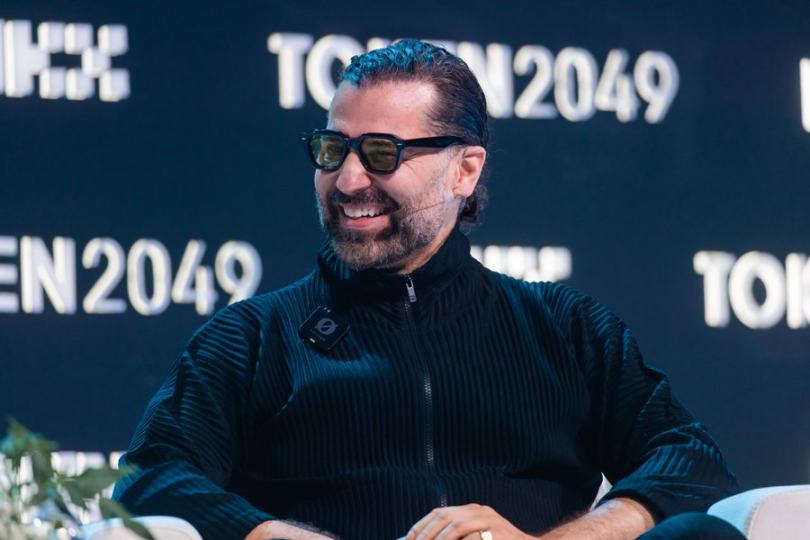
Zhou Zhou: What price do you predict Ethereum will reach? And what facts and assumptions is your prediction based on?
Sam Tabar: It's hard for me to make a specific prediction about the price of Ethereum. The only thing I can be 100% sure of is that the price will go through a lot of cyclical fluctuations.
However, structurally, Ethereum has a built-in scarcity mechanism that will drive more robust price performance and create long-term upside potential. There is a lot of development happening on Ethereum. Currently, there are tens of thousands of developers actively building in the Ethereum ecosystem, more than any other blockchain, including Solana or Bitcoin. Ethereum has the most developer resources.
Therefore, I believe that with the scarcity mechanism and ongoing development activity, Ethereum has structural upside potential. Of course, the market will still go through cyclical fluctuations—there will be prosperous summers and cold winters. Investors need to be prepared for cyclical volatility and maintain a long-term investment perspective on Ethereum.
Zhou Zhou: Do you have plans to expand your business to Bitcoin L2, Ethereum staking, or RWA in the future?
Sam Tabar: We have already staked 108,000 of the 121,000 ETH we own. Every ETH on our balance sheet has been staked. Of course, we won't invest in anything related to Bitcoin. We will continue to buy Ethereum and continue to stake it.
Zhou Zhou: Besides Ethereum, are there any other tokens you are watching?
Sam Tabar: There is one token I find very interesting, called Hyperliquid. It's really interesting, and I personally hold some.
Zhou Zhou: Are you an ETH Maxi (Ethereum maximalist)?
Sam Tabar: I am an ETH Maxi. (pauses for a few seconds)
Honestly, I am a Shareholder Maxi. I want my shares to appreciate, and I also want Bit Digital's stock to perform well.
Disclaimer: The content of this article solely reflects the author's opinion and does not represent the platform in any capacity. This article is not intended to serve as a reference for making investment decisions.
You may also like
When the traditional world shows respect, let go of your crypto pessimism
The real reason for the recent surge of pessimism in the crypto industry is that it has become increasingly difficult for market participants to achieve excess returns.
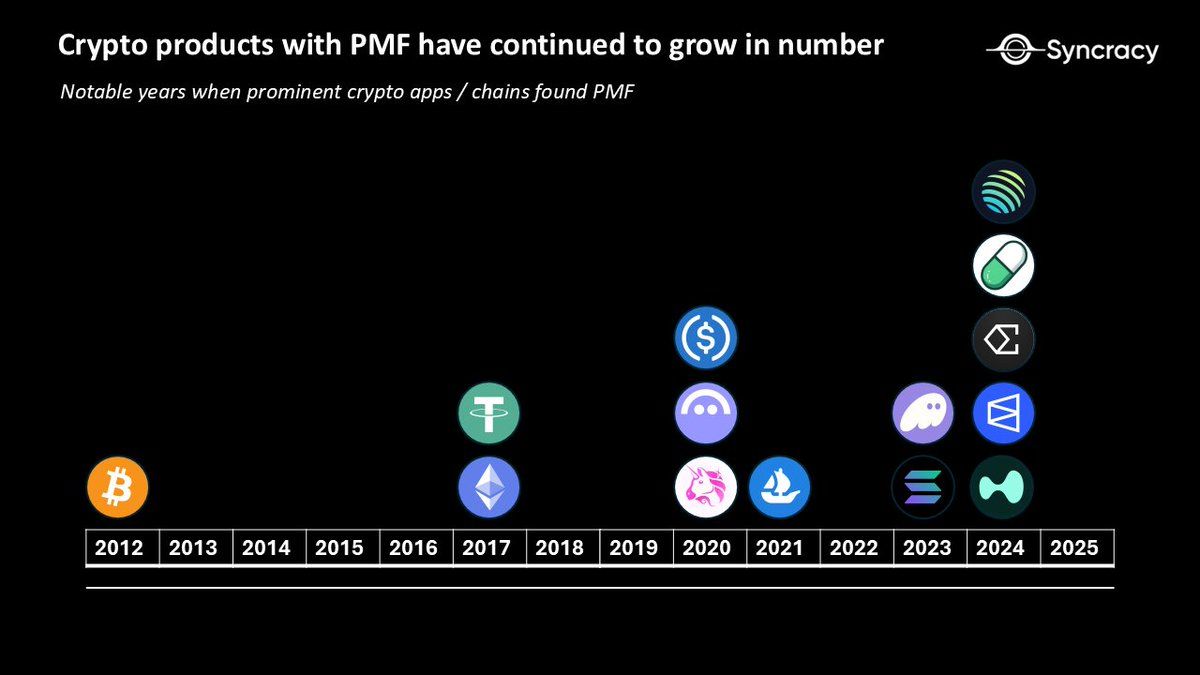
Ray Dalio: My AI Clone and Our Expectations for AI Clones
Dalio has launched his AI clone, "Digital Ray".
Greenlane Holdings Inc announces $110 million private placement to launch Berachain token treasury strategy
It is expected to become one of the companies holding the largest amount of BERA in the market.

